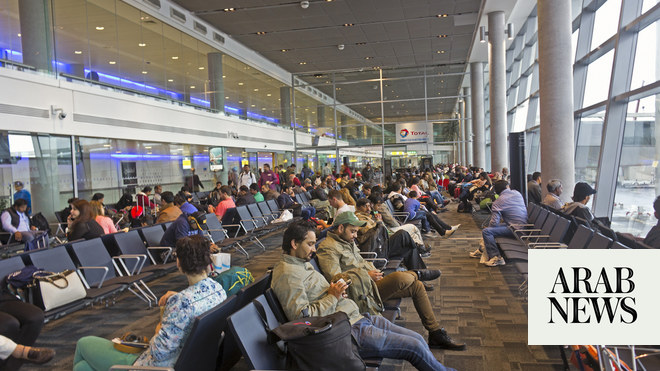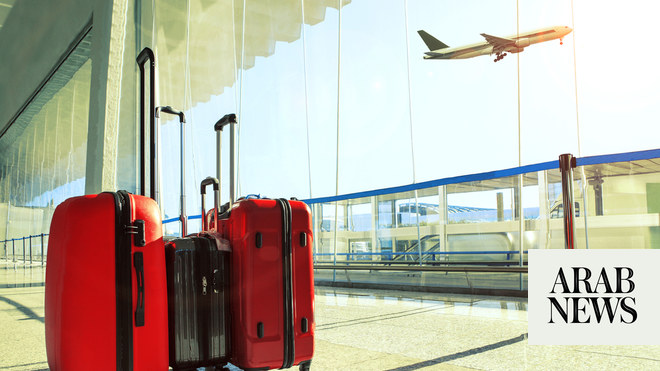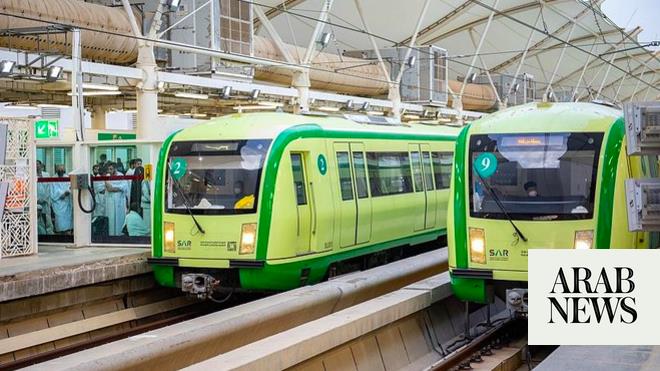
CAIRO: Key aviation hubs in the UAE and Saudi Arabia are forecast to drive a full recovery of passenger traffic in the Middle East in 2024, with the region set to grow by 4.2 percent annually through to 2040, speakers at the Global Airport Leaders Forum said.
Industry leaders discussed the probability of the region spearheading the global aviation market in terms of passenger traffic recovery, fueled primarily by aviation hubs like Dubai, Abu Dhabi and key cities in Saudi Arabia.
The Middle East is currently leading the traffic numbers in terms of global recovery with 93 percent of pre-COVID-19 levels, said Kashif Khalid, regional director of the International Air Transport Association, during the forum, Khaleej Times reported.
On May 9, Dubai Airports, which owns and manages the operation of both Dubai International and Dubai World Central airports, revised its 2023 forecast upward to 83.6 million passengers.
Dubai’s main airport DXB registered a 55.8 percent increase in passenger traffic in the first quarter of this year compared to the same period of last year, reaching 95.6 percent of 2019 levels.
The operator said it welcomed around 21.3 million passengers in the first three months of 2023.
The UAE welcomed around 31.8 million passengers across all airports in the first quarter of this year, an increase of 11.48 million passengers compared to the same period last year.
On the other hand, Saudi Arabia’s King Abdulaziz International Airport in Jeddah alone handled over 2 million passengers since the beginning of Ramadan.
This came after the Kingdom witnessed a 82 percent surge in passengers to 88 million in 2022 compared to the previous 12 months, according to the General Authority of Statistics.
The Jeddah airport emerged as the busiest airport in Saudi Arabia in 2022, as it handled 32 million passengers.
King Khalid International Airport in Riyadh came in second, with about 27 million passengers, followed by King Fahd International Airport in Dammam, with about 10 million.
The forum also went on to discuss the region’s role in enhancing the aviation sector as well as the importance of sustainability.
In a keynote speech, Omar bin Ghaleb, deputy director-general of the UAE’s General Civil Aviation Authority, said that the country has made “significant investments in modernizing infrastructure, upgrading regulatory framework, and enhancing operational capabilities.”
The Global Airport Leaders Forum is co-located with the 22nd edition of the Airport Show, a three-day event and one of the largest aviation shows in the world that was inaugurated Tuesday at the Dubai World Trade Centre.












